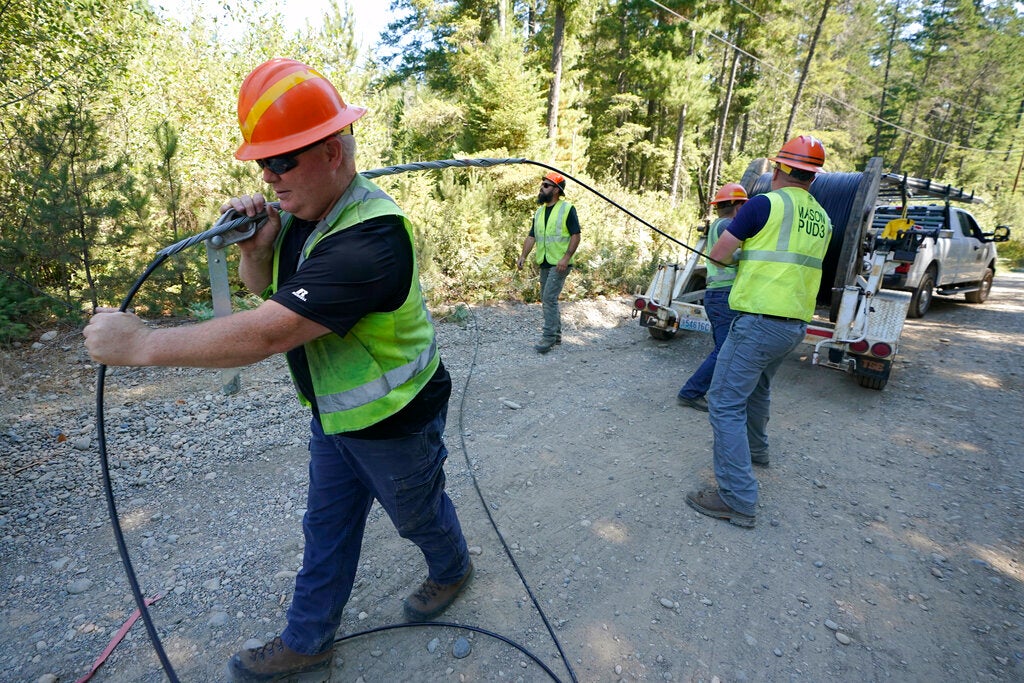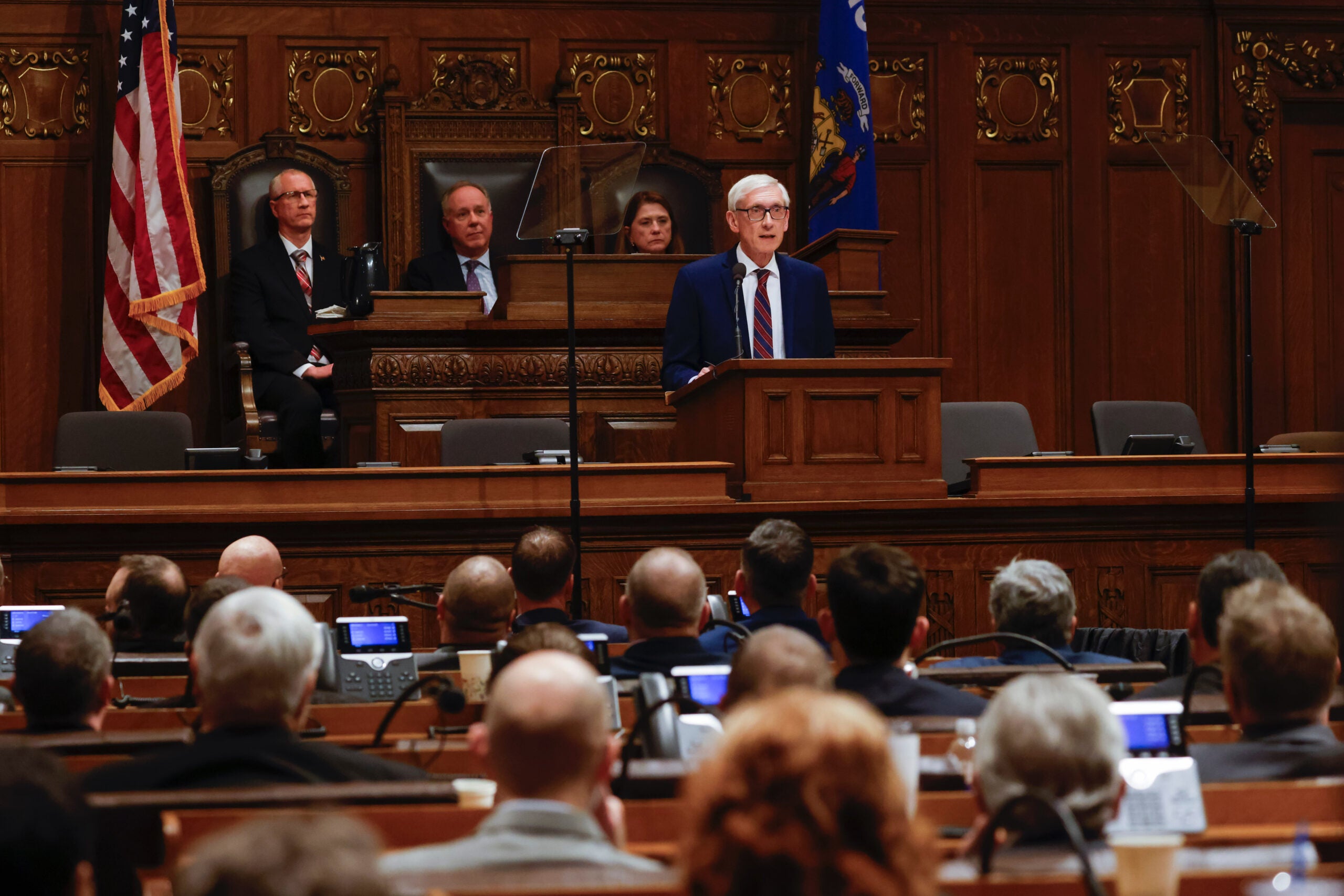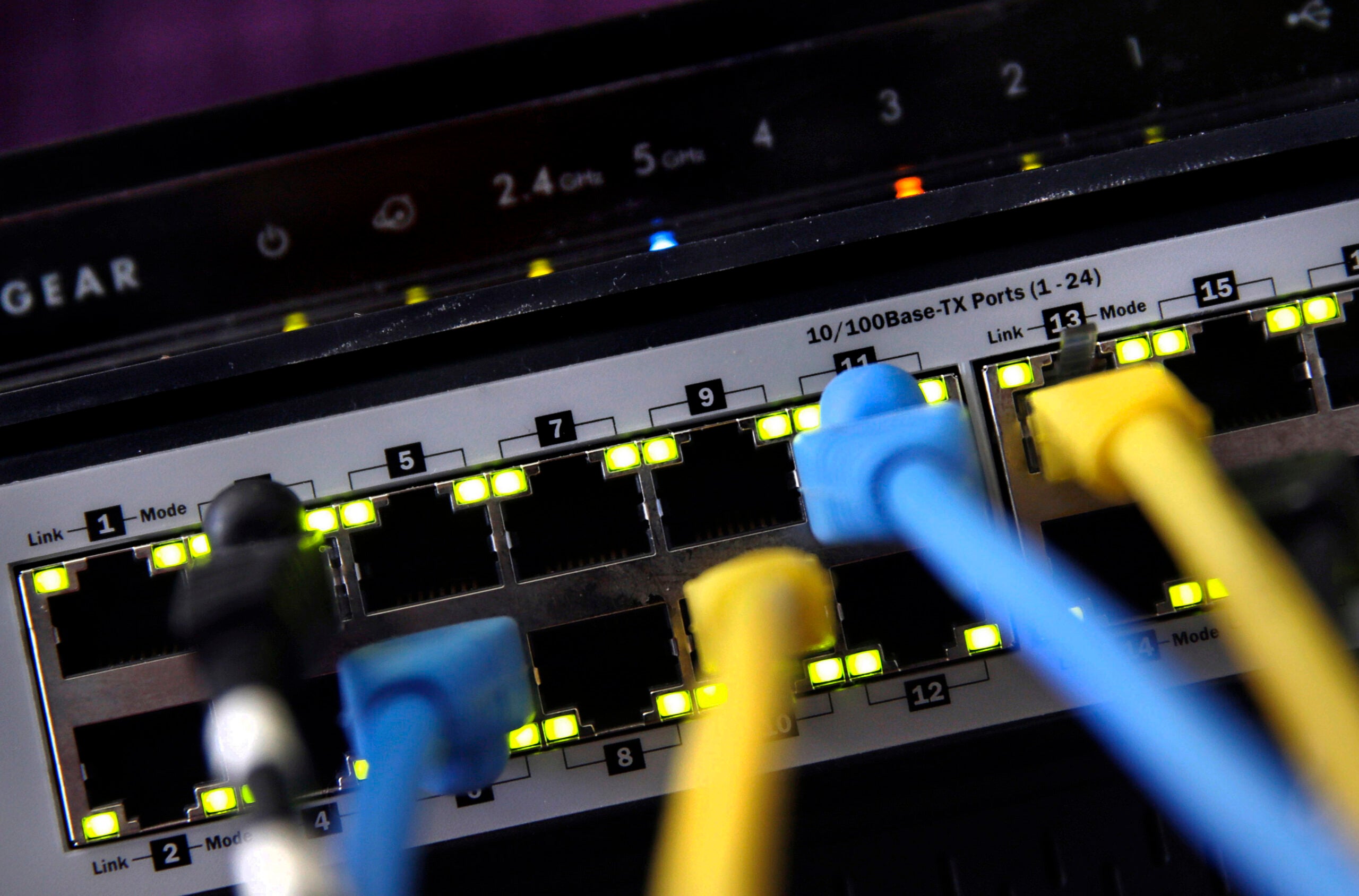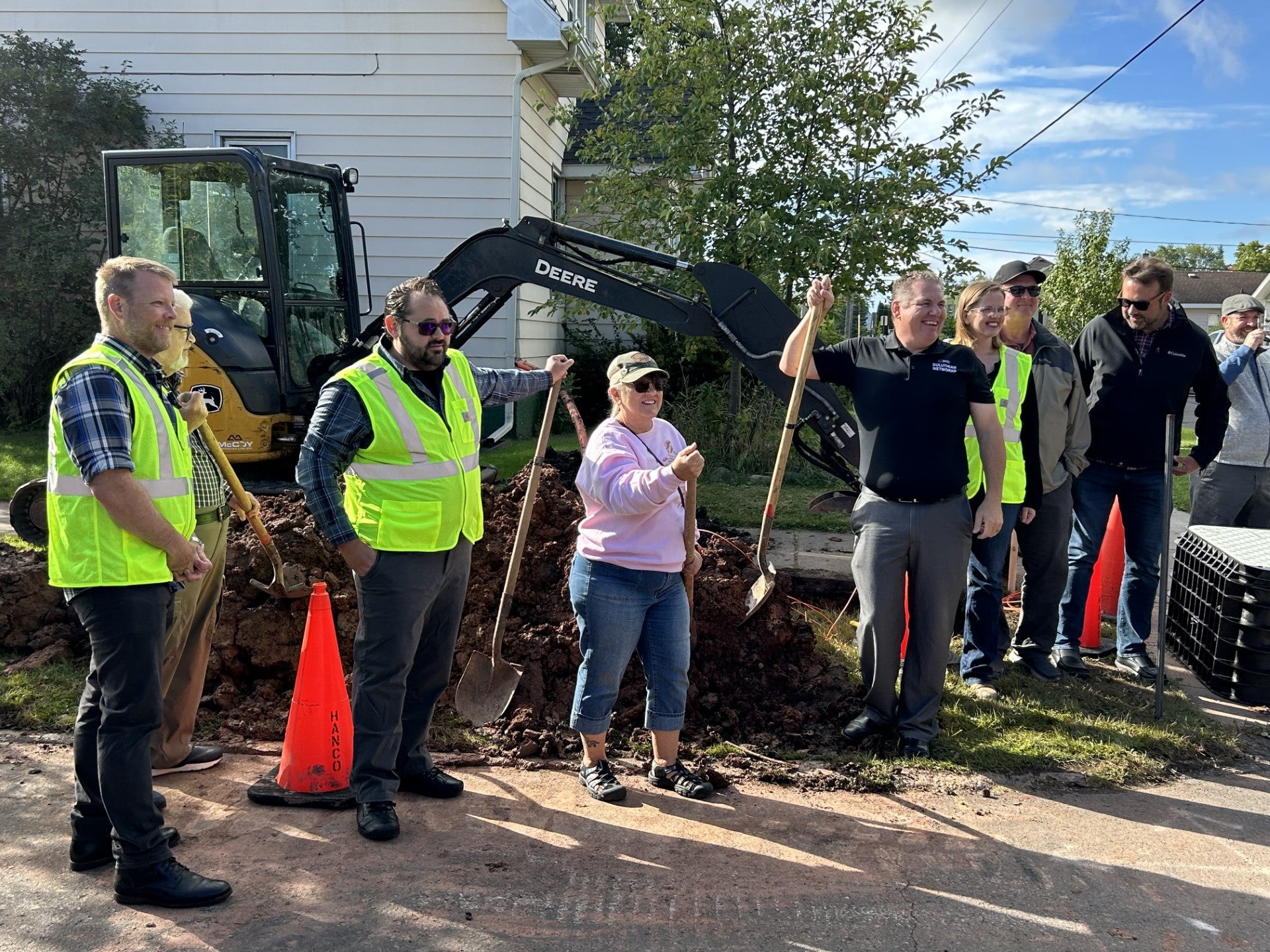Wisconsin’s plan for spending $1.1 billion to expand broadband access has been approved by the federal government, officials announced Tuesday.
The approval allows the state to access those funds to implement a program to help meet Wisconsin’s goal of bringing high-speed internet to nearly all underserved and unserved areas by the end of the decade.
U.S. Assistant Secretary of Commerce for Communications and Information Alan Davidson said on a call with reporters the funding allows the state to move “from planning to action.”
Stay informed on the latest news
Sign up for WPR’s email newsletter.
“Specifically, what this means is the state can start the selection of providers who are going to build and upgrade the networks across the state that are going to provide this connectivity,” he said.
The funding for that buildout comes from the Bipartisan Infrastructure Law of 2021. The federal program is known as Broadband Equity, Access, and Deployment, or BEAD.
State Broadband and Digital Equity Director Alyssa Kenney said the federal funding will help connect more than 200,000 homes or businesses that either have no access to high-speed internet or have inadequate access.
“Our plan will largely go for that infrastructure deployment and improvement to get broadband access, but it’s really critical that it’s for affordable internet,” Kenney said on the call. “Part of the BEAD program requirements are that where we’ve invested public dollars, particularly in these areas where we’re largely probably going to be bringing in the first and only internet service provider, that they have to create a low-cost service offering for certain eligible households.”
Since 2019, the state Public Service Commission estimates that state grants have helped more than 410,000 homes and businesses access new or improved broadband services.
“It’s not time to take our foot off the gas,” PSC Chair Summer Strand told reporters. “I am proud to share that the BEAD implementation phase is already underway in Wisconsin.”
Wisconsin Public Radio, © Copyright 2025, Board of Regents of the University of Wisconsin System and Wisconsin Educational Communications Board.



